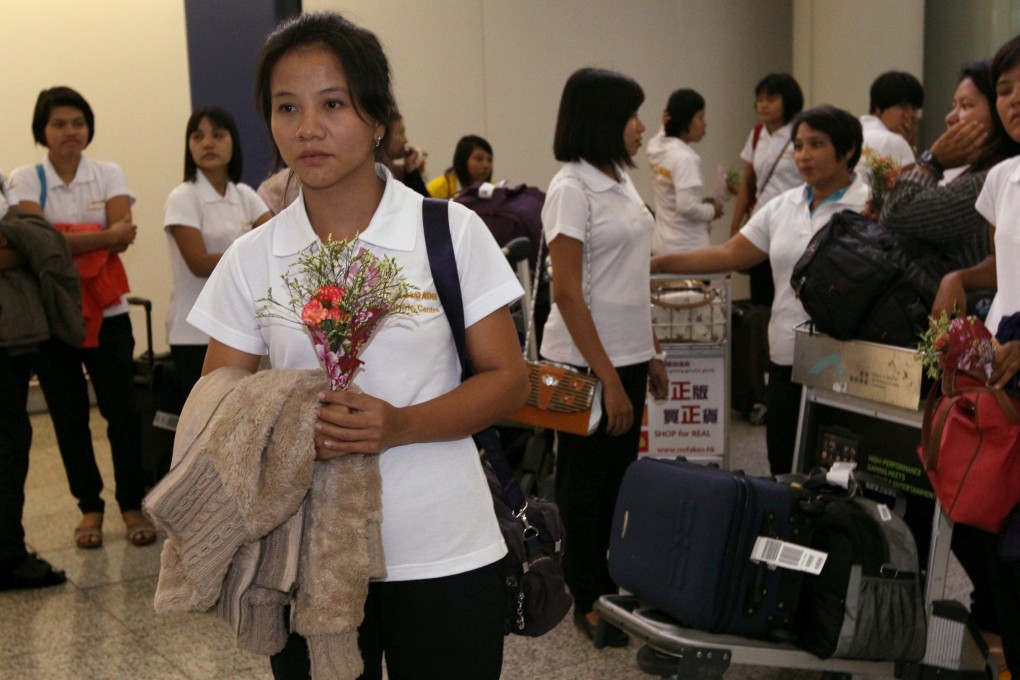Hong Kong can forge stronger ties within Asia, starting with better treatment of its foreign workers
Philip Bowring says the unfair system by which Hong Kong benefits from foreign labour, mainly domestic helpers, must change, not least given the geopolitical tensions in Asia

At a time when China's relations with most of its Asian neighbours are under stress, it is important that Hong Kong, as "Asia's World City", makes an effort to be a bridge, not a barrier. Unfortunately, Hong Kong may be adding to the problem via the de facto identification of race not just with menial jobs but with limitations on rights.
The column in this space last week by Zuraidah Ibrahim, who is Singaporean, drew attention to the acceptability of browner skins in that city compared with Hong Kong. This is a reality which can be explained firstly by the fact that, though Chinese dominate, a quarter of Singapore's citizens are of South or Southeast Asian origin. But there is another difference too: Singapore has a much higher proportion of contract workers on low pay and with very limited rights to welfare and security than Hong Kong, but they are drawn from a much wider Asian racial spectrum than in Hong Kong, including large numbers of Chinese, Vietnamese, Indonesians and Bangladeshis. All told, those low-skilled workers on work permits constitute 18 per cent of the population and 27 per cent of the workforce, compared with 4.5 per cent and 8 per cent in Hong Kong.
In the case of domestic helpers, Hong Kong provides, in theory, much better protection in terms of wages, days off, and so on, than does Singapore. One must wonder about the future of any society, such as Singapore, so reliant on a supply of disposable cheap foreign labour providing a massive implicit subsidy to the citizens. It is good reason for Hong Kong to focus on raising productivity. As it is, cheap brown labour contributes as much to this economy as construction, the industry with the government in its pocket.
Hong Kong's problem is not yet the size of the contract workforce but the attitude of the government, and some parts of the private sector, to these workers and brown people in general. It is reflected, too, in such thinly disguised racism as the supposedly pro-business Liberal Party wanting to end visa-free entry for Indians.
There has been a consistent failure to enforce the laws protecting domestic helpers, and a refusal to change immigration rules which promote abuses of the system by employers and agencies. At the same time, loan sharks are given free rein by the Monetary Authority to make exorbitant profits out of unfortunate helpers and use recovery methods which should land the lenders, not the borrowers, in jail.
The extent of abuse has been widely documented in this newspaper, by other media and in studies by academics and civil society groups. The list includes a lack of effort to enforce minimum pay rules, holiday and long-service entitlements, and living space which provides privacy - and without the bedroom cameras which are favoured by paranoid Hong Kong employers.
